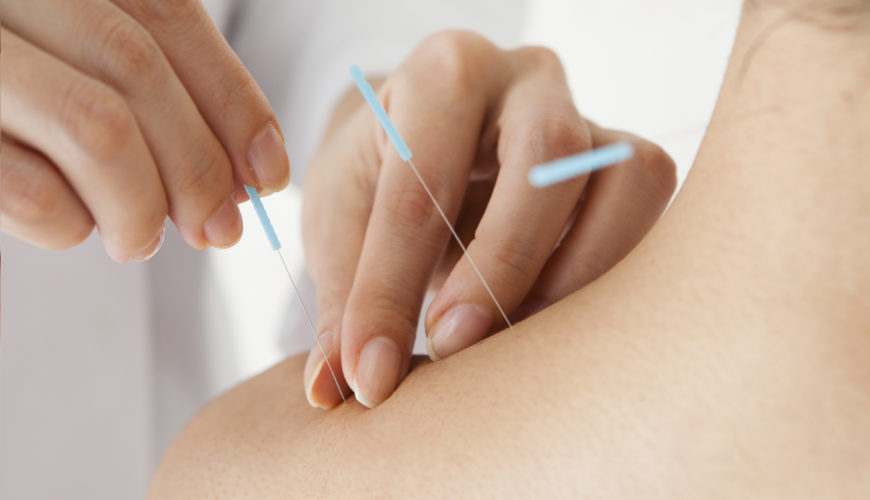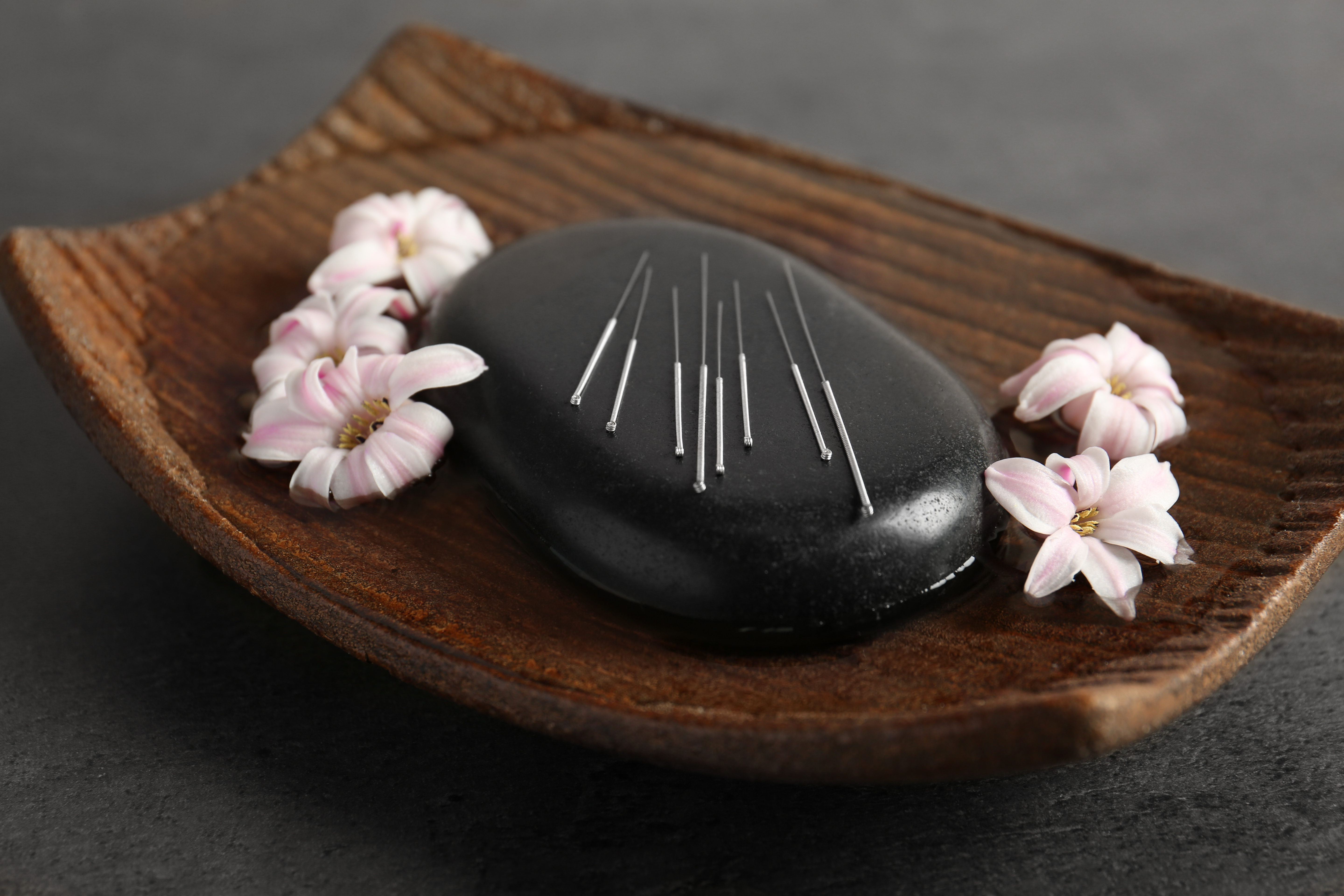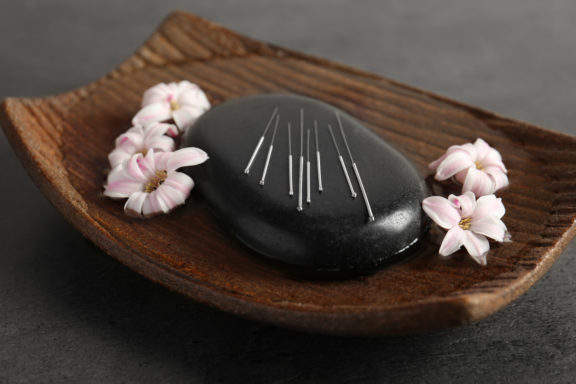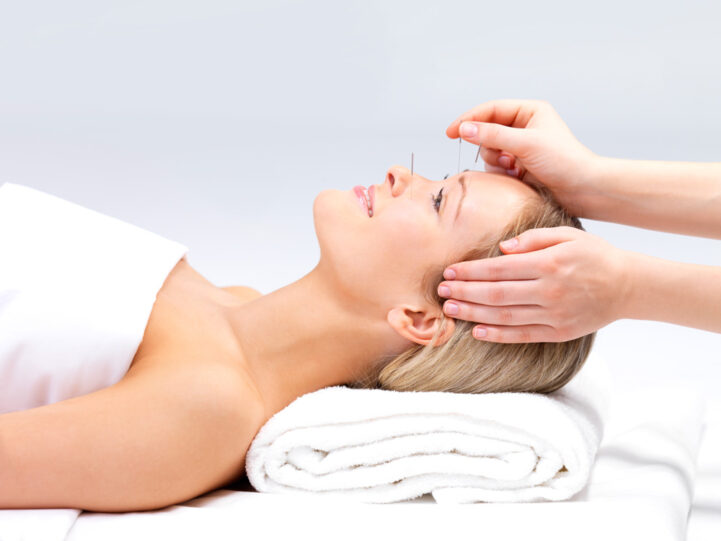Acupuncture needles are ALL single use, sterile, and safe. Most are smaller in diameter (gauge) than an insulin syringe. Many are coated in silica to make insertion painless. You may feel a small pinch, since the needle goes through the skin and past the nerve endings.
Needles are NOT inserted into nerves or any structure that would cause pain.





